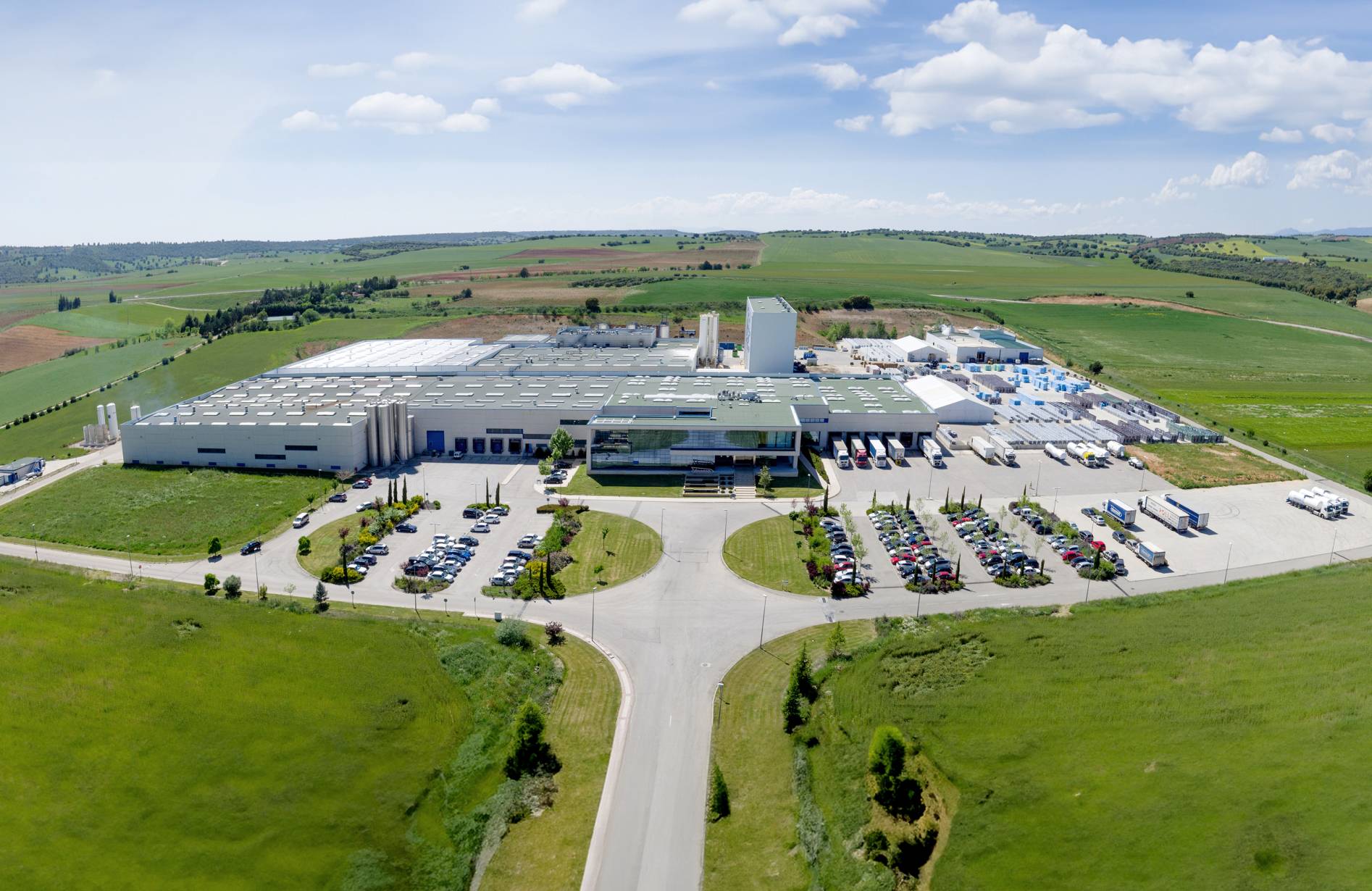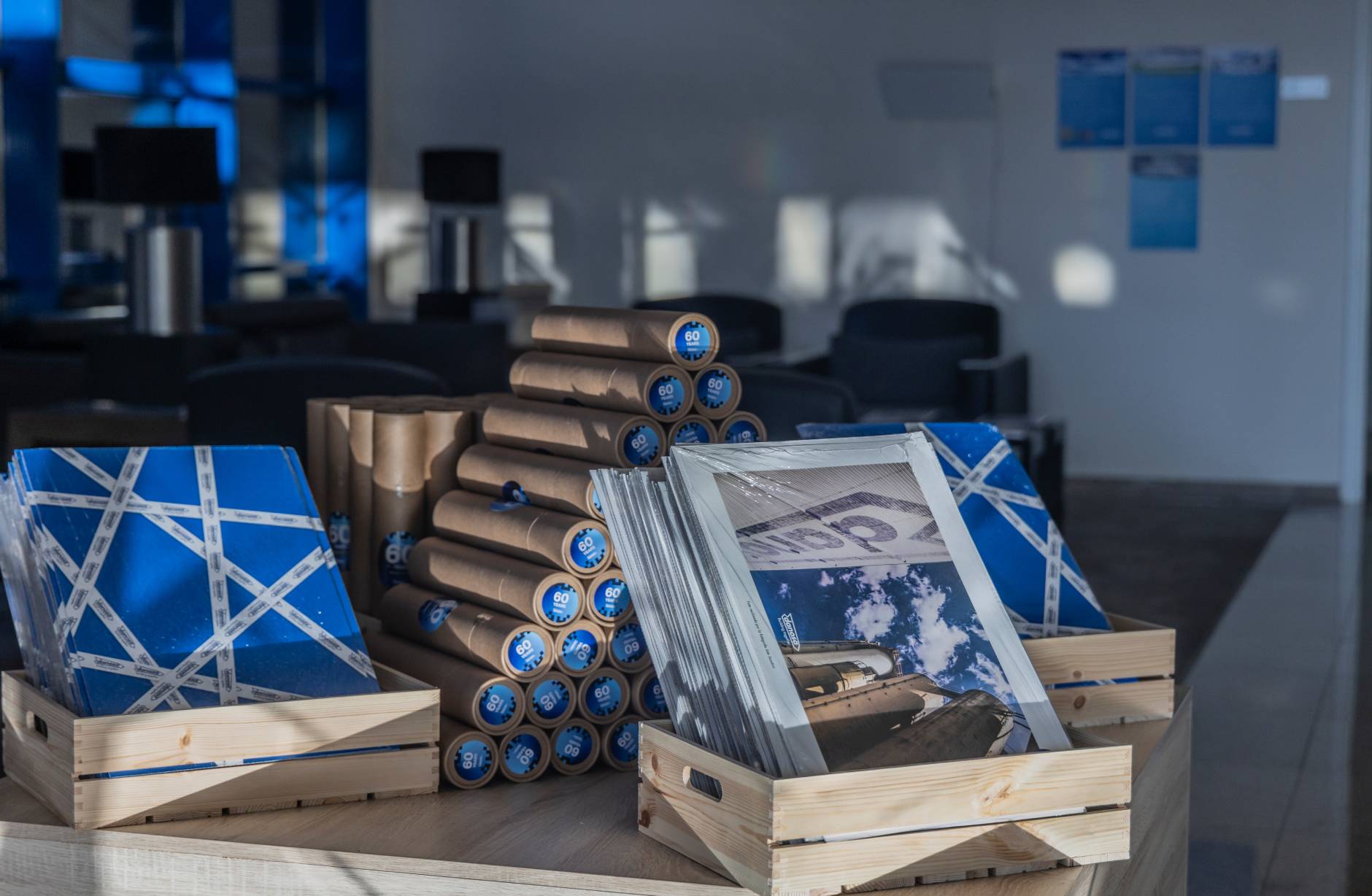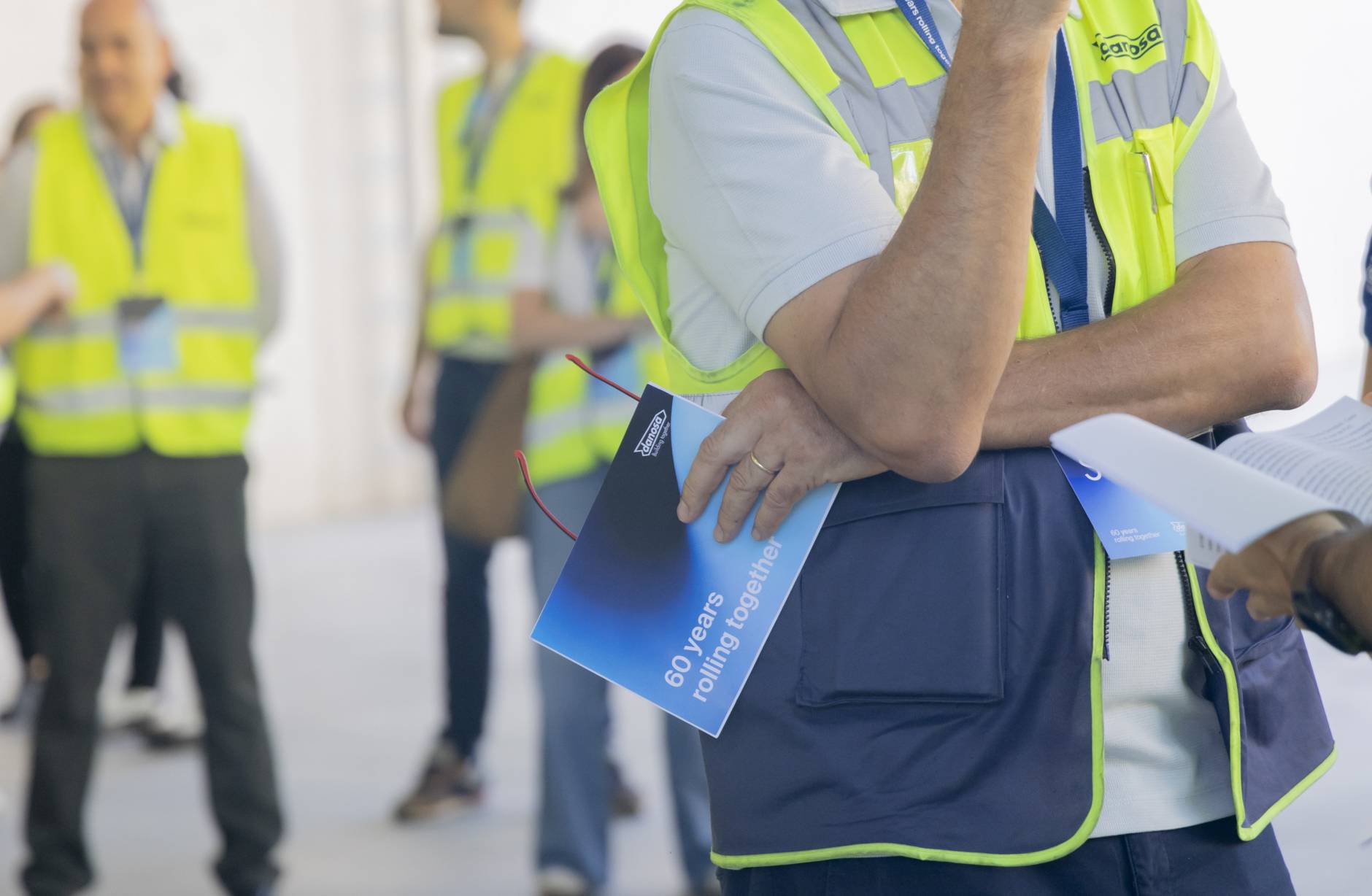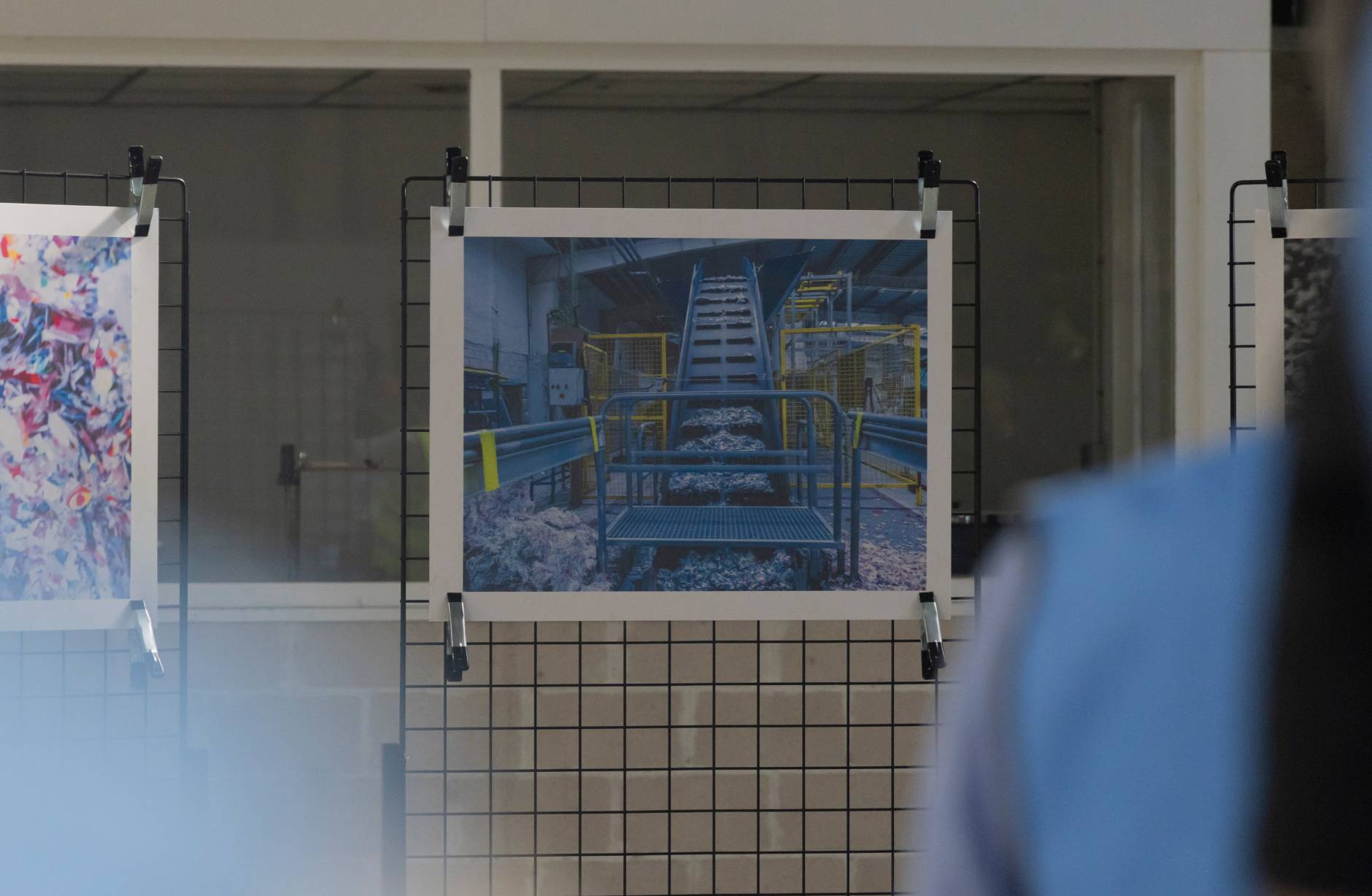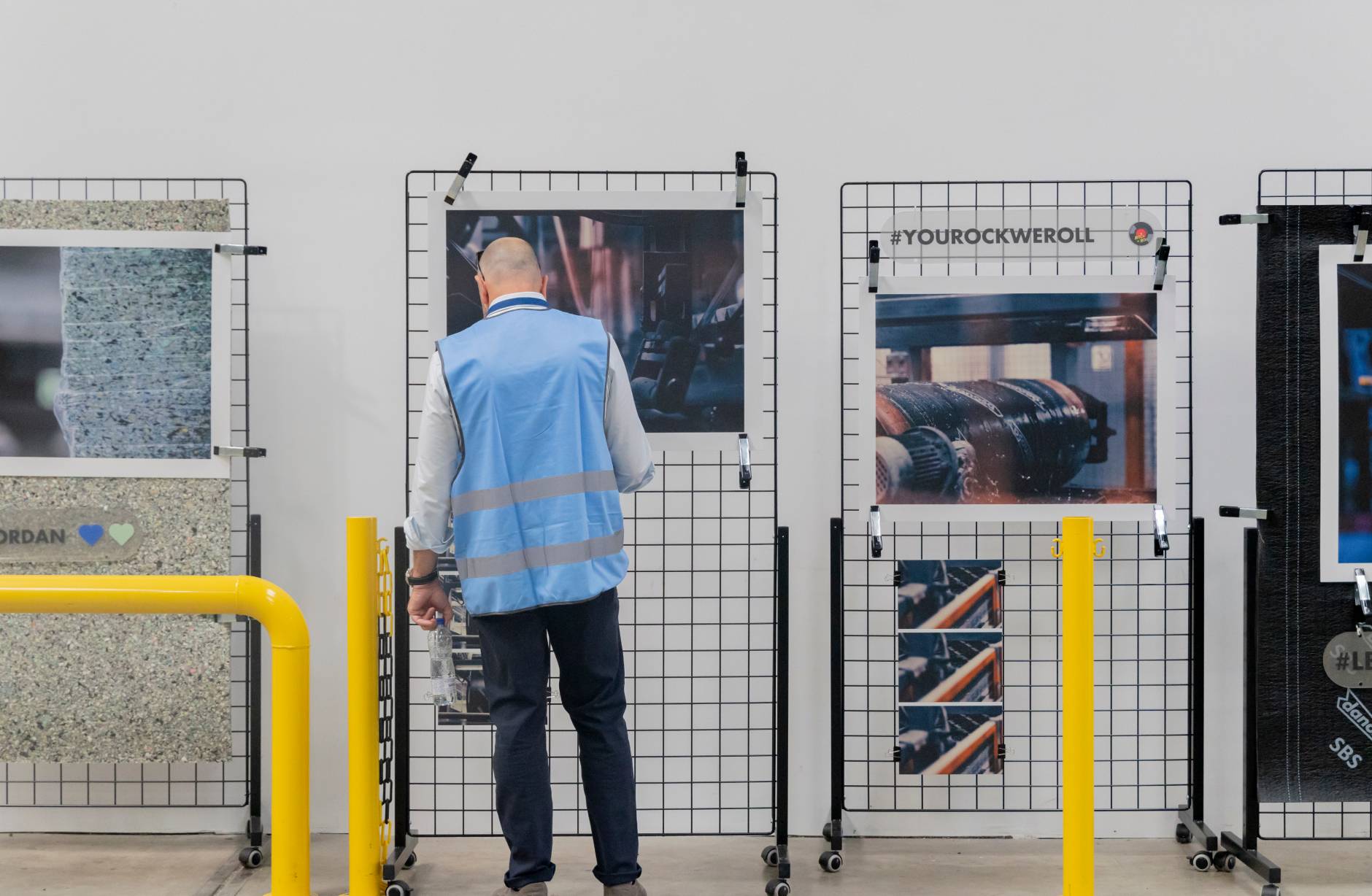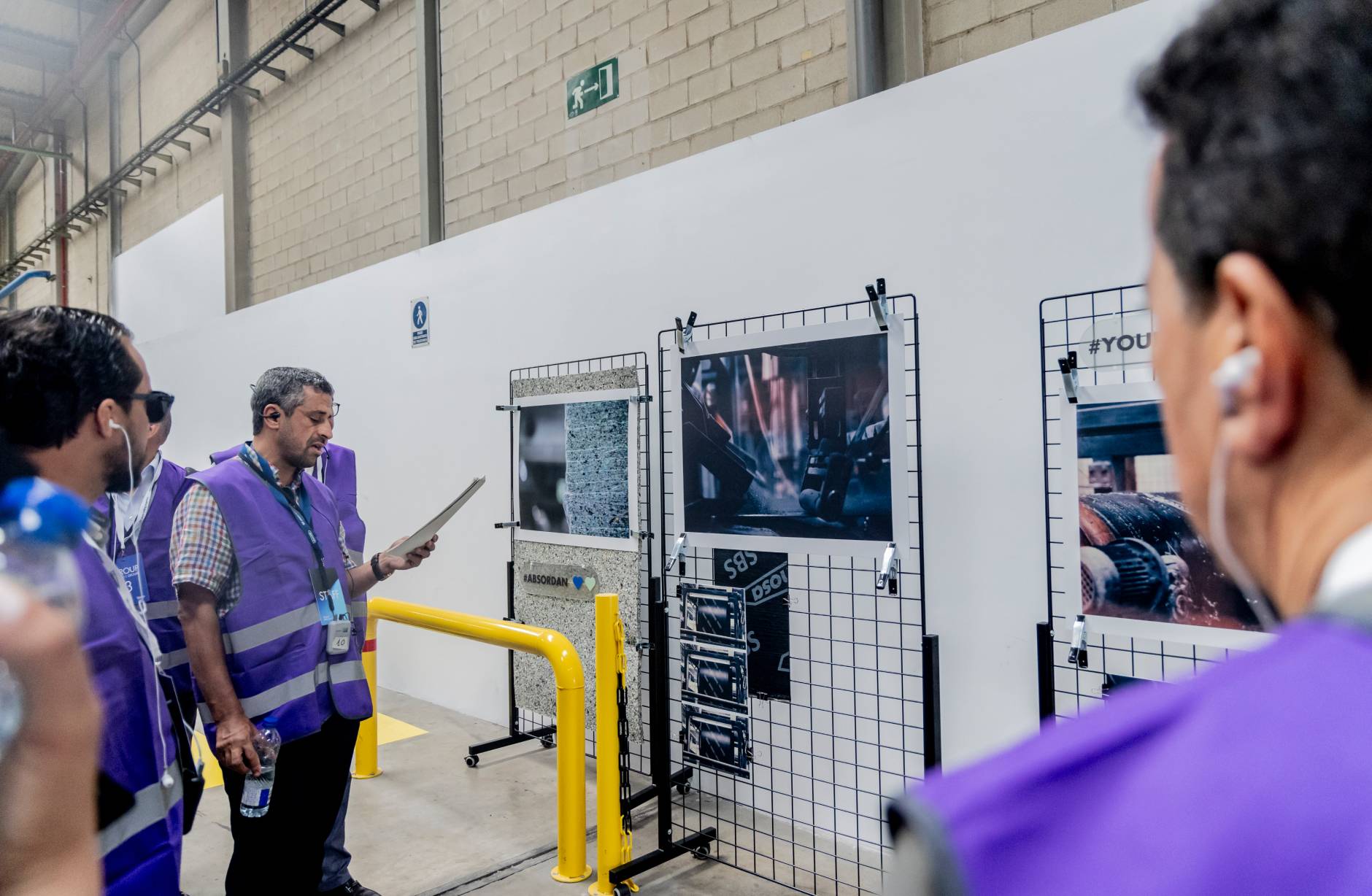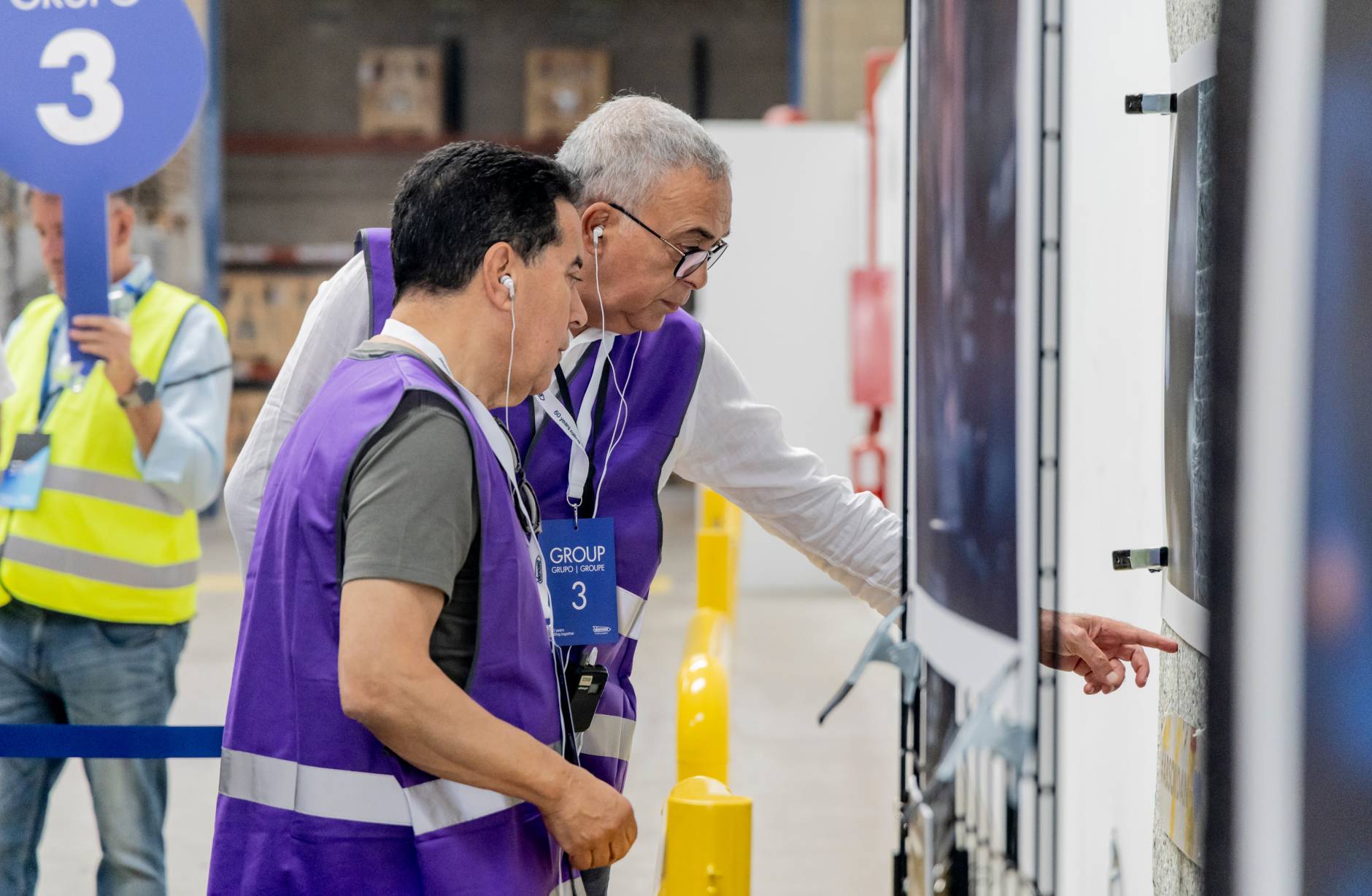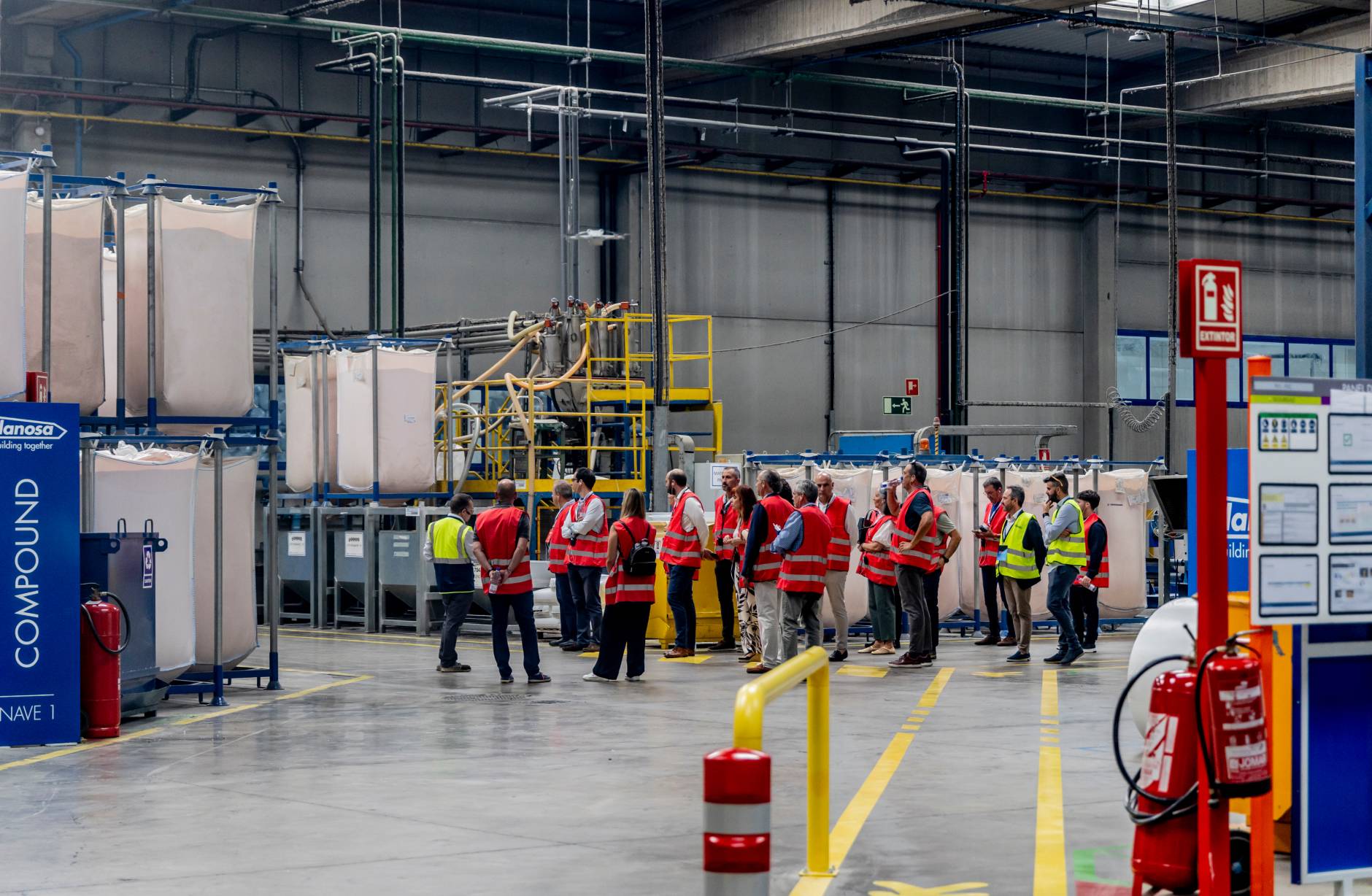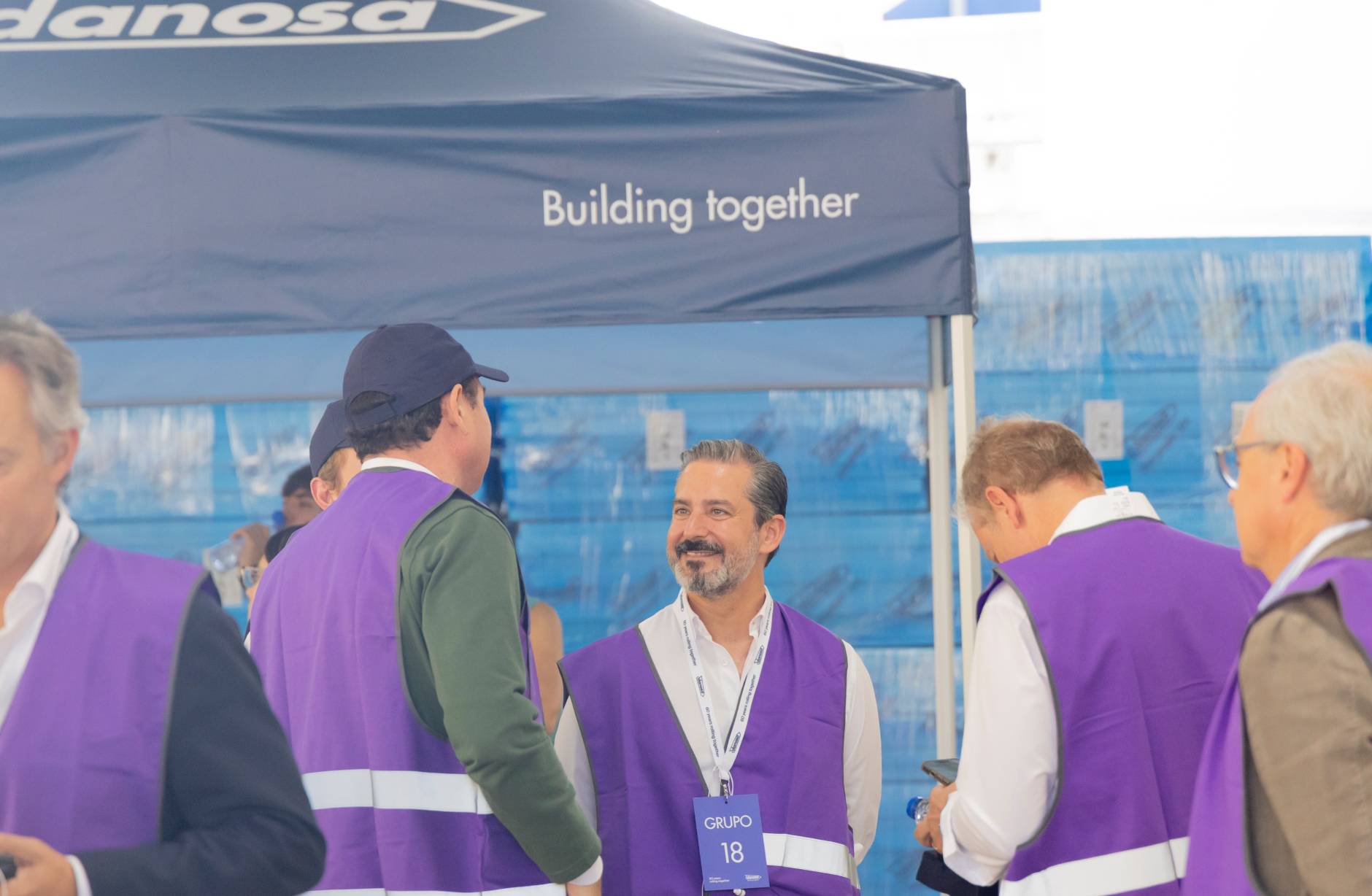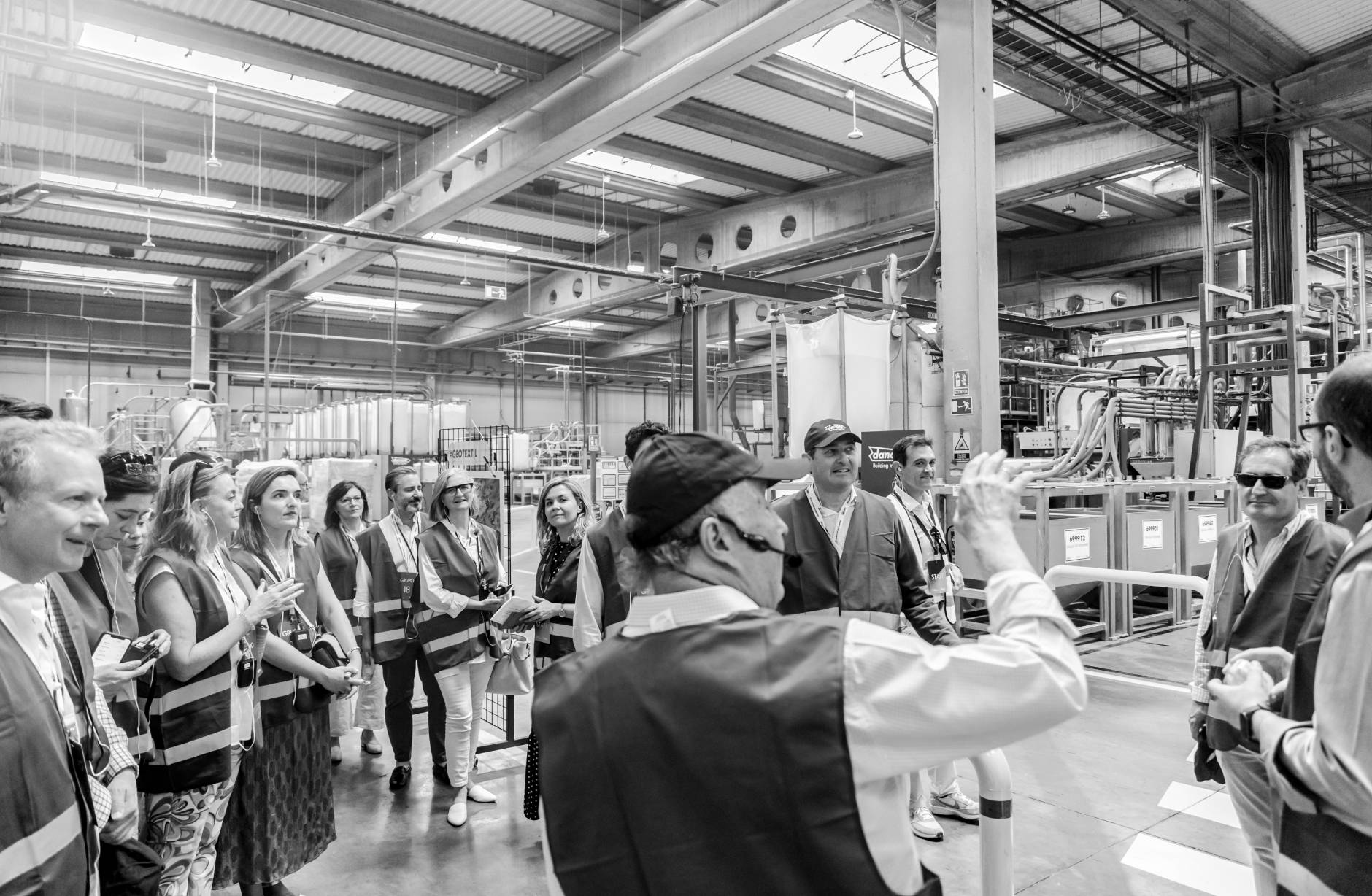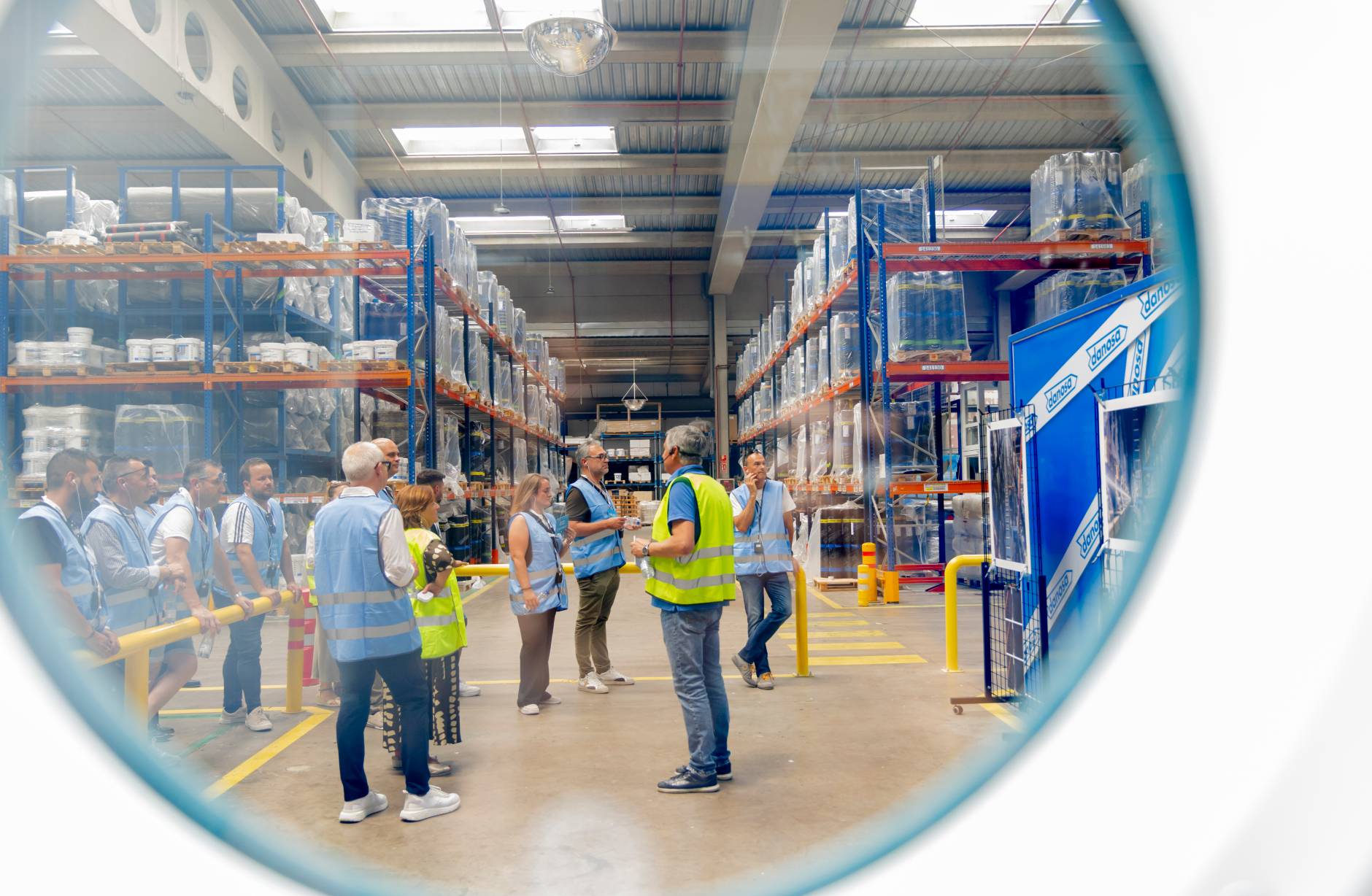60 years rolling together
60 yearsin images
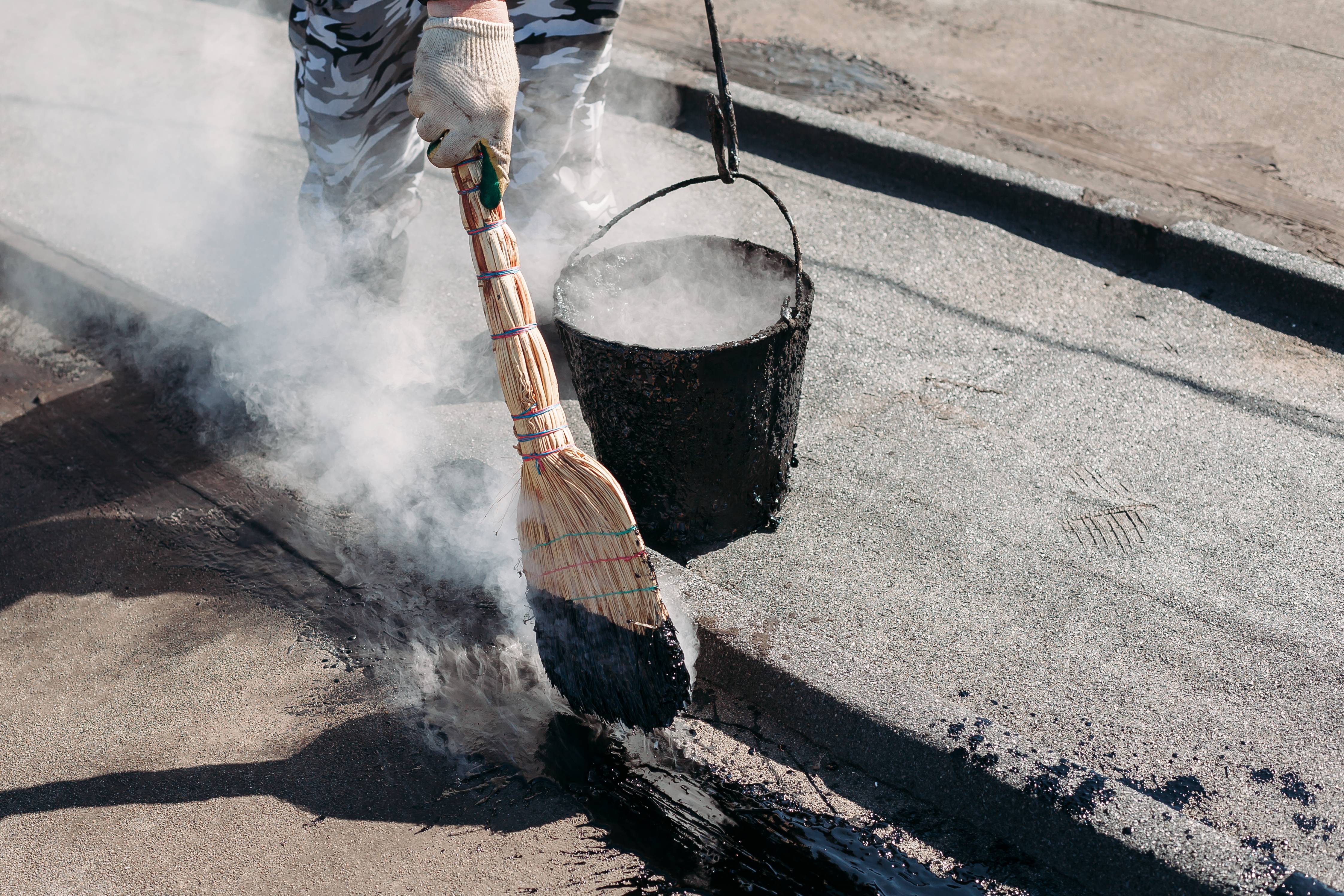
Beginnings of modern waterproofing
Waterproofing, essential for the structural integrity and quality of people's life, has evolved significantly throughout its history. Very rudimentary in its beginnings, it basically consisted of applying hot liquid tar and asphalt. It was in the 20th century when the first more evolved and modern materials such as asphalt sheets appeared, revolutionising and improving the quality of existing waterproofing solutions.
60’s
Manuel del Río founded DERIVADOS ASFALTICOS NORMALIZADOS S.A. in 1964, better known as DANOSA, which originally focused on the manufacture of waterproofing sheets and asphalt-based solutions. In the 1960s, the industry began to implement product standardisation and the introduction of waterproofing regulations. DANOSA, thanks to its tests and certifications carried out in its own laboratory, achieved benchmark quality and safety standards in the sector.
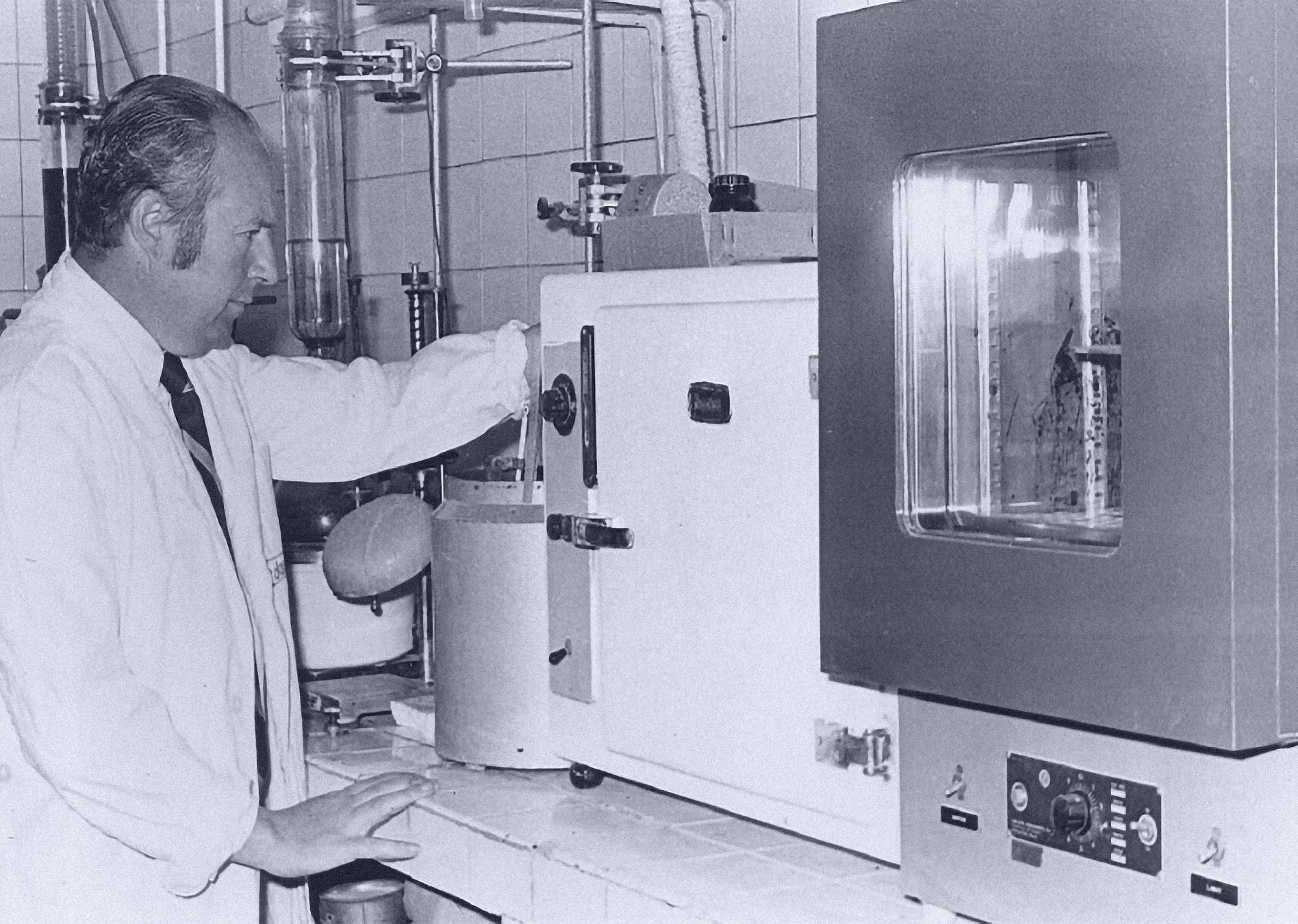
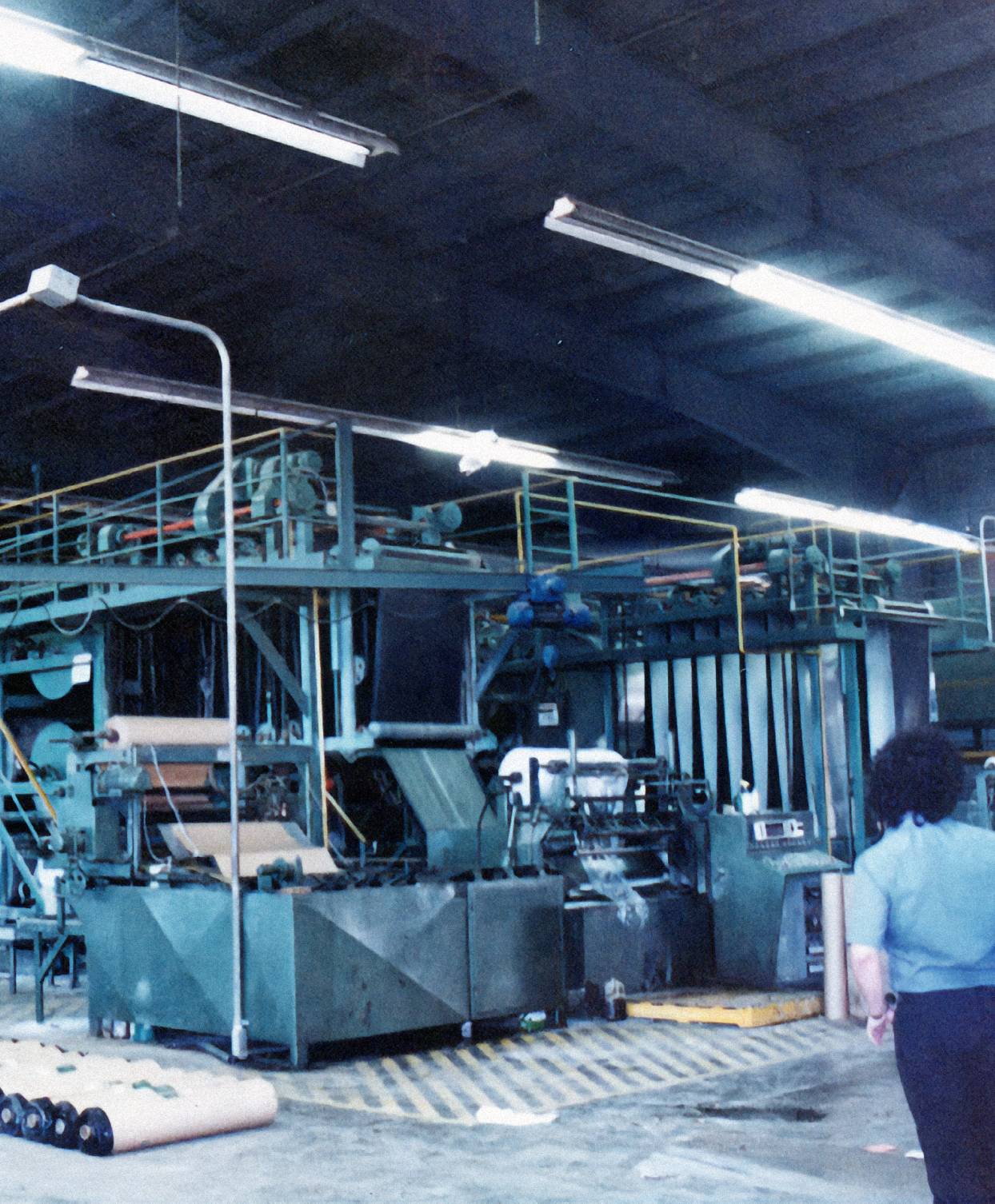
70’s
During the 1970s, DANOSA began exporting the solutions that were already present in Spain to international markets and even to the other side of the Atlantic. These solutions for roofs and façades consisted of asphalt sheets and thermal insulation, which consolidated a qualitative leap in the improvement of the energy efficiency of buildings.
80’s
Advances in R&D and the introduction of SBS (styrene-butadiene-styrene) significantly improved the durability and flexibility of asphalt membranes. The introduction of elastomers in Spain, by DANOSA, is one of the major milestones of this decade.
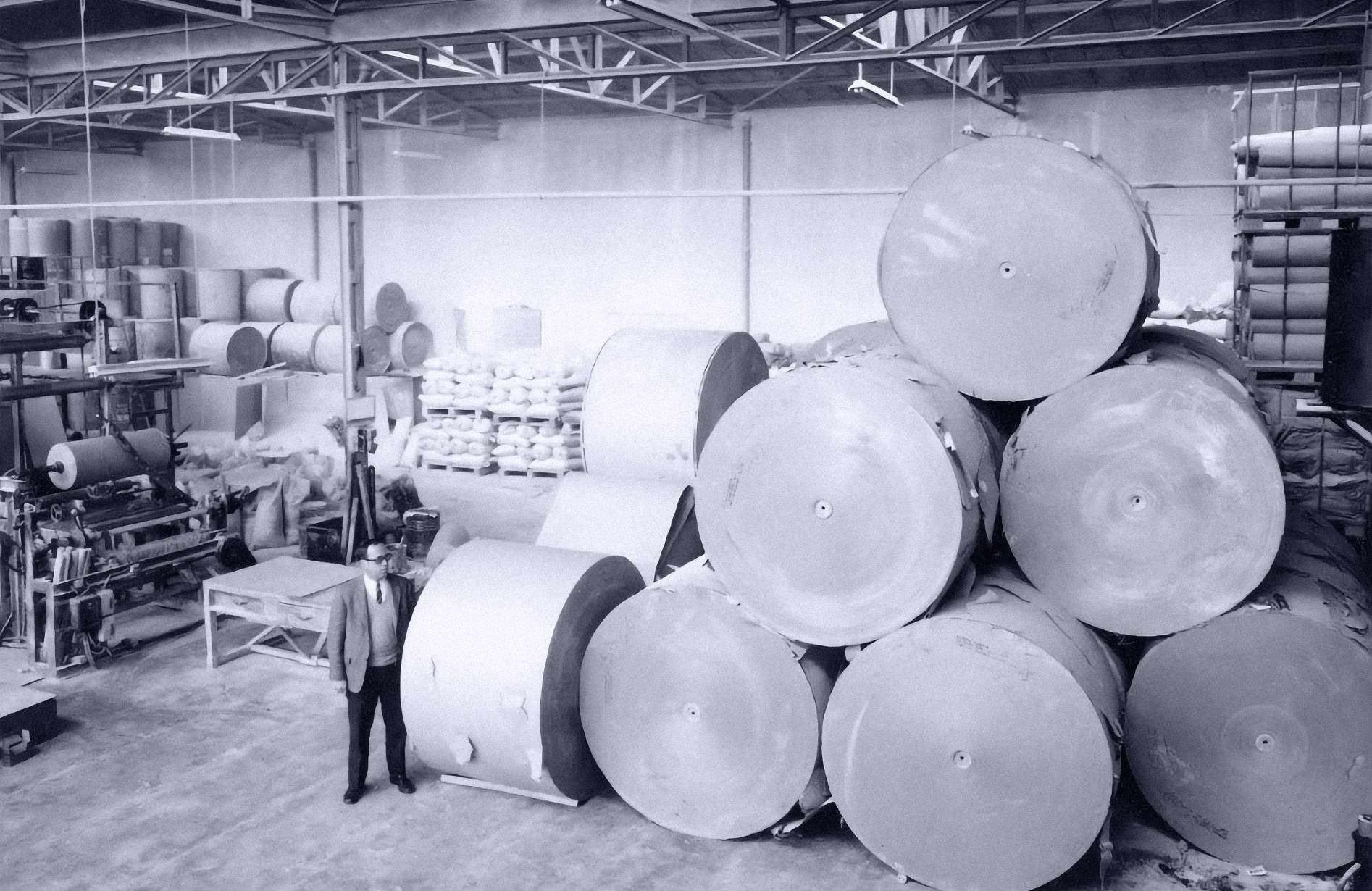
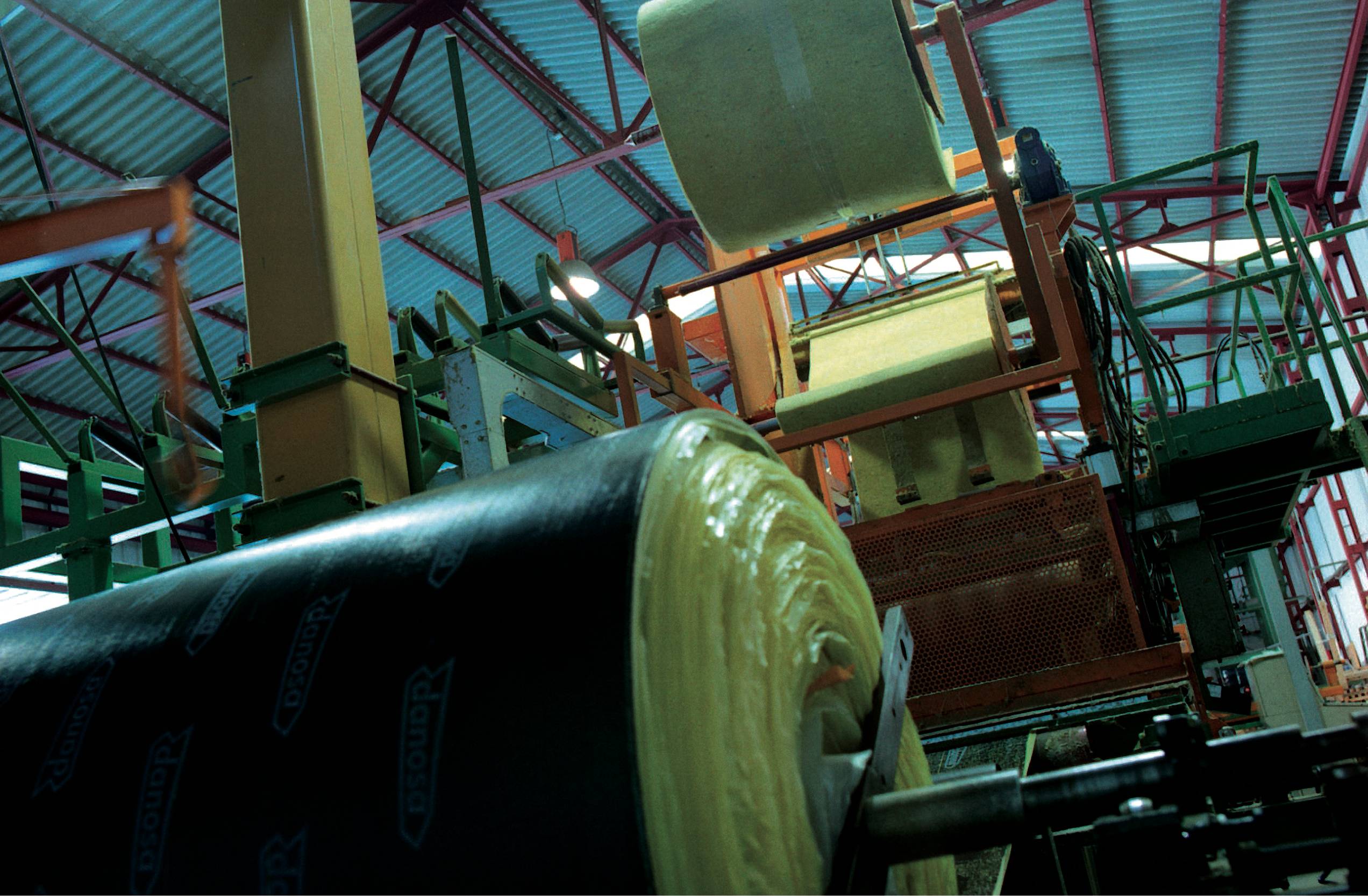
90’s
Acoustic insulation products became particularly relevant in the face of increasing urban development in the 1990s and the need to improve the quality of life in densely populated environments. In this era of sound, DANOSA with Impactodan was leading in building construction against impact noise for dwellings.
2000’s
In the 2000s, construction in Spain moved towards sustainable renovation, integrating innovative materials such as XPS (extruded polystyrene). These new materials and the increase in solutions led DANOSA to expand to countries such as Portugal, Morocco and India, to open a new factory in Fontanar (Guadalajara) and to the creation of DANOSA Recycling, a company aimed at recovering its own waste and waste from companies in other sectors to promote the circular economy.
